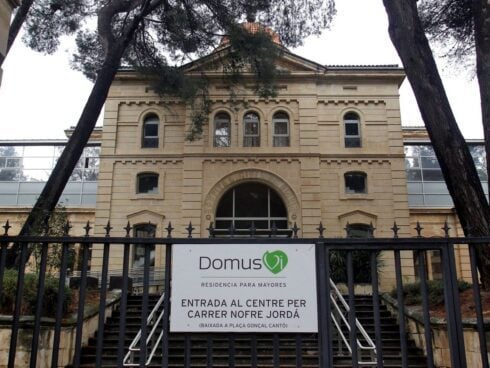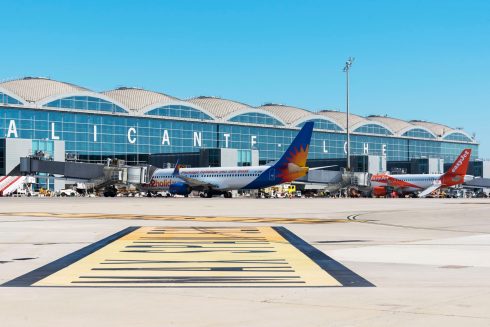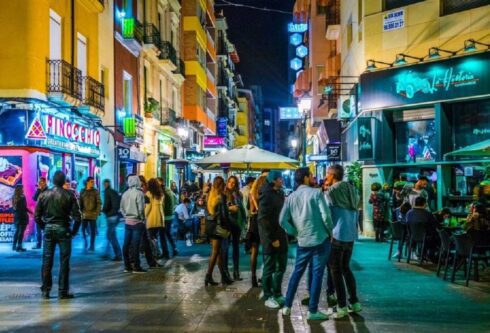A JUDGE has thrown out a €2.2 million compensation bid from families of 15 people who died from Covid-19 in 2020 at an Alicante province residential home.
Relatives had claimed the company Quavitae Servicios Asistenciales that manages the Domus VI nursing home in Alcoy had been negligent.
74 of the 138 residents died from the coronavirus over a two-month period in 2020.
READ MORE:
- Former minister faces corruption probe over Covid-19 mask contract scandal and ‘kick-back gift’ of a house in Spain’s Andalucia
- This is the new Covid variant that could take hold in Spain this winter

An Alcoy judge published a 257-page ruling on Thursday following last autumn’s trial, but the verdict can be appealed at the Alicante Provincial Court.
The judge concluded that the plaintiffs could not prove that the company was negligent over the coronavirus being contracted inside the home or the level of care provided to residents.
The ruling says Covid cases could not have been prevented ‘even if more protective masks and gowns had been obtained’, due to the number of workers and residents as well as family members who went to visit.
He added that Domus VI on March 8 and 9, 2020 tried ‘to restrict visits from all family members as much as possible’ and made room changes to isolate residents.
That was before nationwide restrictions came into force later that month.
The ruling states that a nursing home is not a hospital and that a charge of medical negligence could not be attributed to Quavitae Servicios as the staff were not health professionals.
The judge continued: “The pandemic we experienced from March 2020 in Spain does not fall within any type of margin of normality and exceeded the limits of any socio-health activity.”
He pointed out that the pandemic also caused a shortage of health and social care workers, as well as protective materials that was an ‘international’ issue and therefore was not the fault of the company.
The court observed that the trial had to be conducted on the basis of what was known about Covid-19 in 2020 and not on the basis of hindsight.
“If our government could not foresee or prevent the pandemic, then clearly a higher demand should not be made from a private person,” the ruling continued.









